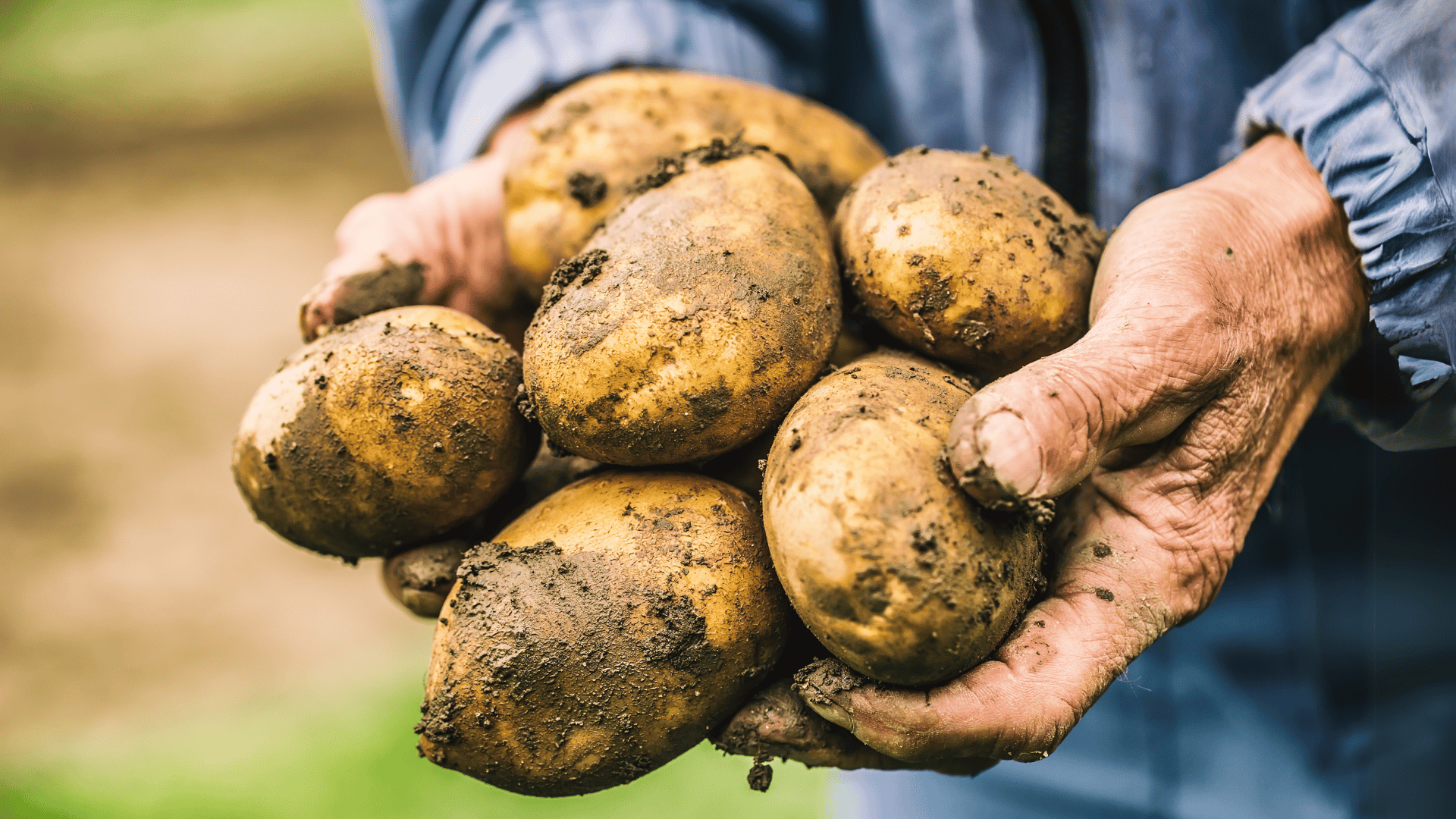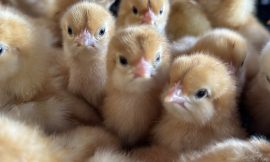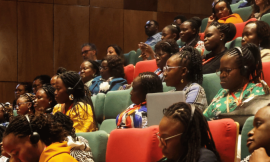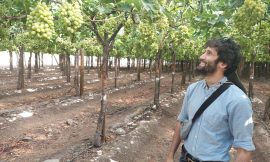Editor’s Note: Potato is the second most important food crop in Kenya after maize, yet farmers lose up to 60 per cent of their potential yield due to poor seed quality, according to the International Potato Centre. This piece explores how innovative, low-cost propagation techniques like apical cuttings offer a timely solution to improve farmers’ access to quality seeds, boosting productivity and addressing food security issues in the country.
Agriculture is the backbone of food security, yet many farmers struggle with the availability of quality seeds, particularly for staple crops like potatoes. At Rift Valley National Polytechnic, general agriculture students Magdalene Njogu and Purity Lelei, under the mentorship of Mr. Abraham Babu, have pioneered a cost-effective and sustainable method for propagating potatoes using rooted apical cuttings.
This innovation not only addresses the perennial seed shortage experienced with potato farming but also enhances yields by providing disease-free, high-quality planting materials. The students’ breakthrough has positioned the institution as a hub for agricultural excellence, offering a replicable model that can transform potato farming across Kenya and beyond.
Overcoming challenges in potato seed production
One of the greatest barriers to potato farming is the high cost and limited supply of certified seeds, forcing farmers to rely on low-quality alternatives that reduce productivity. Traditional seed multiplication methods are slow and prone to disease, exacerbating the challenge.
The apical cutting technique provides a viable solution by enabling farmers to produce more planting materials in less time while maintaining quality. Implementing this innovation required extensive research, trials and mentorship from experts. Despite initial setbacks in optimising growth conditions, the team’s determination led to a refined propagation system that ensures healthy, disease-free potato plants.
Apical cuttings as an innovative solution for a food-secure future
The apical cutting method involves taking young shoots from healthy mother plants and propagating them in a controlled environment to develop strong root systems. This technique significantly reduces the cost of seed production, allowing small-scale farmers to access high-quality planting materials at an affordable price. Additionally, the method enhances disease resistance, reducing reliance on expensive pesticides and boosting overall yields.
By integrating scientific research with hands-on training, Rift Valley National Polytechnic has empowered students to develop practical, scalable agricultural solutions. Their work demonstrates how innovation in agricultural education can directly contribute to food security and economic resilience.
Scaling up and inspiring future innovators
The impact of this breakthrough has extended beyond the classroom, earning Magdalene and Purity national and international recognition. Their project has been showcased at prestigious events such as the Agricultural Society of Kenya (ASK) Show in Nakuru, the WorldSkills Competition in Nairobi, and the ATUPA Competition in Naivasha. These platforms have provided opportunities to network with industry leaders, policymakers and investors, paving the way for further research and adoption.
Encouraged by their success, the team at Rift Valley National Polytechnic is working on expanding the apical cutting innovation to reach more farmers. Plans are underway to establish training programs that will equip farmers with the skills to implement apical cutting techniques on their farms. Additionally, partnerships with agricultural organisations and policymakers will facilitate the widespread adoption of this method.
This success story is more than just an academic achievement—it is a testament to how young innovators can drive meaningful change in the agricultural sector. As more students engage in research-driven solutions, the future of sustainable farming looks brighter than ever.






